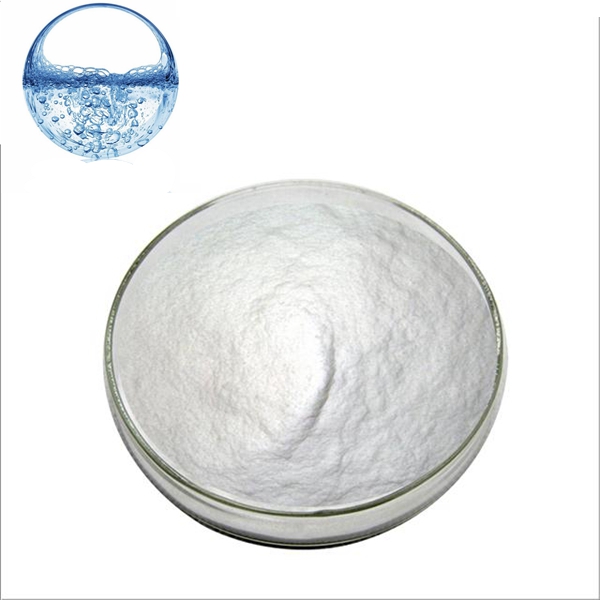In the world of skin care and beauty products, there’s a constant influx of new ingredients and formulas that promise the latest and greatest benefits for our skin. Two ingredients making waves in the beauty industry are oligohyaluronic acid and sodium hyaluronate. Both ingredients are forms of hyaluronic acid, but there are some key differences between the two.
Oligomeric hyaluronic acid is a form of hyaluronic acid with a smaller molecular size, allowing it to penetrate the skin more easily and deeply. This means it hydrates and plumps skin from within, providing stronger, longer-lasting hydration. Sodium hyaluronate, on the other hand, is the salt form of hyaluronic acid and has a larger molecular size, allowing it to adhere better to the skin’s surface and provide a temporary plumping effect.
According to the latest news in the skin care industry, both oligomeric hyaluronic acid and sodium hyaluronate are touted for their ability to improve skin hydration and elasticity. However, it’s worth noting that while both ingredients are hyaluronic acid derivatives, they have different molecular sizes and therefore provide different benefits to the skin. Oligomeric hyaluronic acid has a smaller molecular size and is able to penetrate the skin more effectively and provide long-lasting moisturization, while sodium hyaluronate has a larger molecular size and is better at temporarily plumping and moisturizing the skin’s surface.
As more and more skin care products are formulated with these ingredients, it is important for consumers to understand the differences between oligomeric hyaluronic acid and sodium hyaluronate so that they can choose the appropriate product for their specific skin care needs. Whether you’re looking for deep, long-lasting hydration or quick, temporary plumping, knowing the differences between these two ingredients can help you make informed decisions about the products you use on your skin. As always, it’s important to consult a skin care professional to determine the best products for your individual skin type and concerns.
Post time: Mar-05-2024




